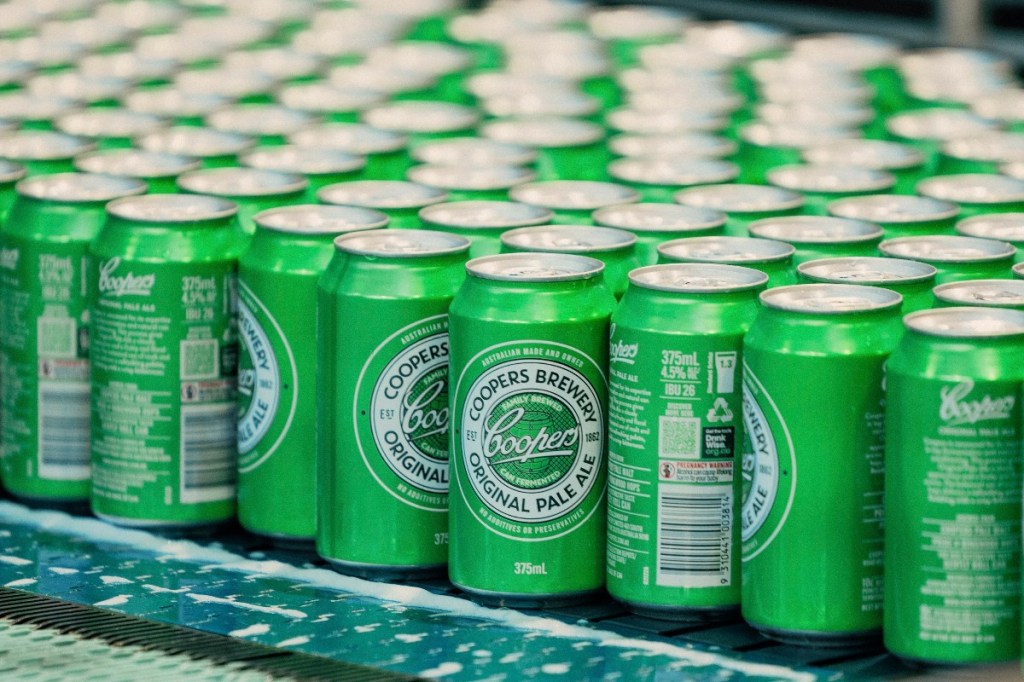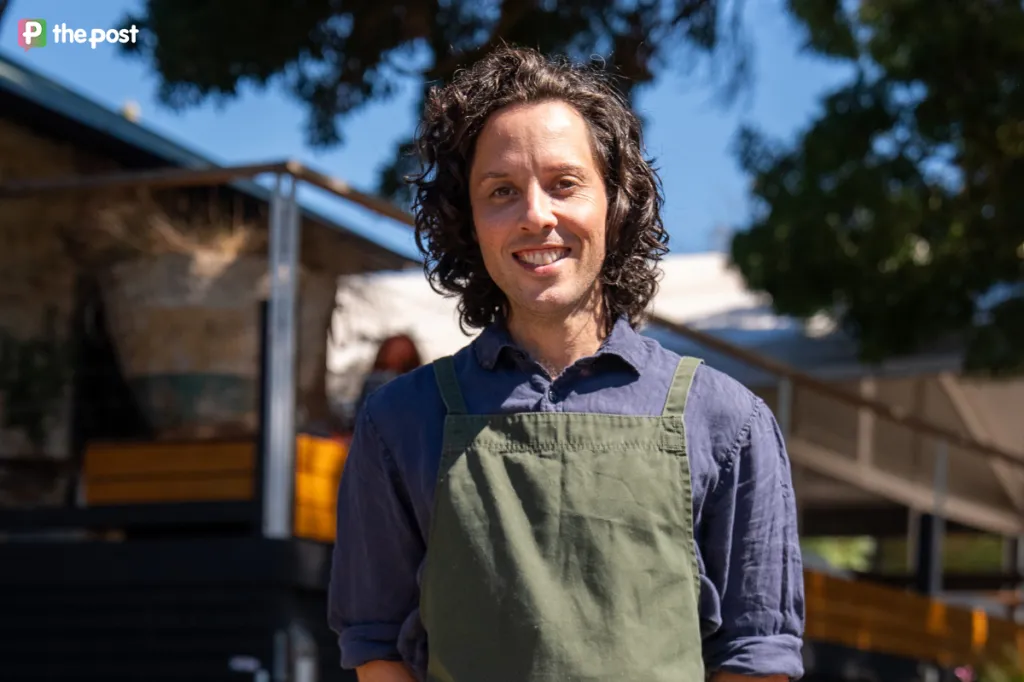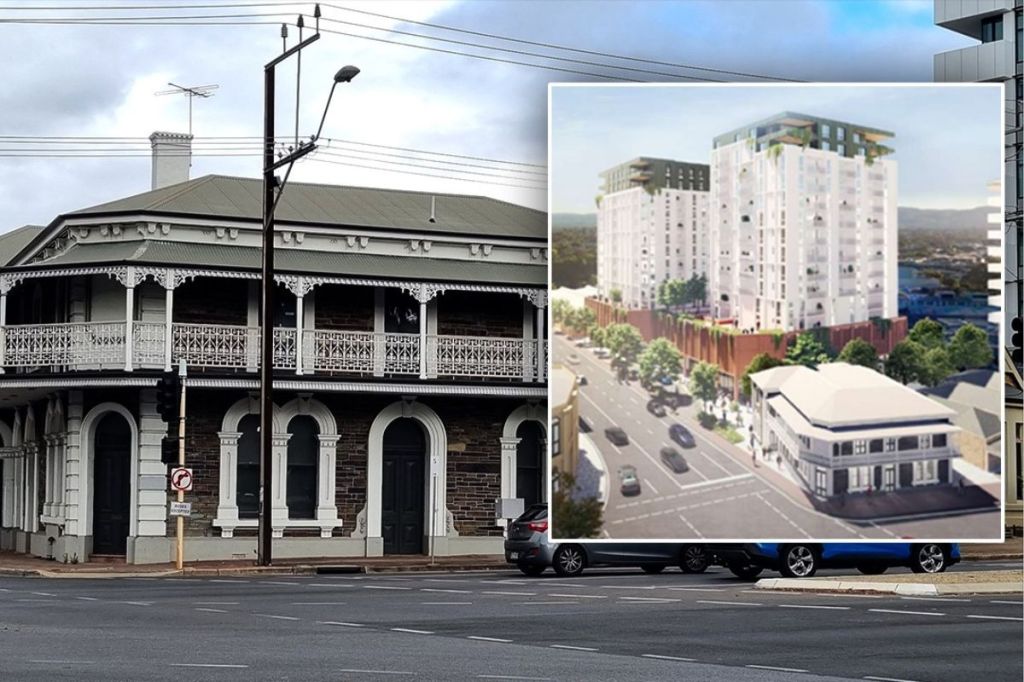SA Business Index: Beer and wine brands slide down the rankings
Beer and wine businesses on the South Australian Business Index were not immune from myriad problems affecting the alcohol sector over the past year.

Whether it was rising excise taxes on alcohol producers, a glut of grapes being left to rot on vines, punitive trade tariffs imposed or failed mergers, most South Australian beer and wine businesses experienced a sour FY24.
Those at the very top of the industry, and thus landing a position in the upcoming South Australian Business Index, did not escape the pressures the industry as a whole was under.
As reported by InDaily over the past 12 months, punitive tariffs imposed on Australian wine by China made a major dent in exports for local producers.
The crippling tariffs, imposed in 2020 after relations soured between China and the Morrison Government, was a major loss for the industry. Exporting wine to mainland China was worth more than $1.1 billion at the end of 2019 when Australia sent more than 135 million litres. That dipped to about $10 million before the removal of tariffs.
Winemakers rejoiced earlier this year when the tariffs were lifted, and there have been promising signs of life in the export market since with South Australian winemakers enjoying the lion’s share of the post-tariff push.
You might like
But some of our top companies remained under pressure despite the removal of tariffs.
Cowandilla-based Australian Vintage which has a portfolio including Barossa Valley Wine Company, Nepenthe, Tempus Two, McGuigan Wines and Passion Pop suffered throughout the financial year.
As reported in August, the company’s CEO departed due to ill health amid a more than 2400 per cent decrease in profit following a failed merger. The $93 million loss was down from a $4 million profit the year prior.
It didn’t help that a proposed merger with Australia’s second-largest wine business Accolade was terminated in May.
While we’re tight-lipped on where Australian Vintage will land in the South Australian Business Index until the full list is revealed on Friday afternoon, we can report that the publicly-listed company suffered a nearly 20-spot slide down the Index.
Further, its market capitalisation fell from $101 million in last year’s list to $54 million in 2024.
Stay informed, daily
HLB Mann Judd director Jake van der Hoek said tariff impositions had a “significant impact on the Australian viticulture industry”.
“Prior to the tariffs, China was a significant market, accounting for 37.1 per cent of Australian wine exports, with over $1.0 billion worth of primarily red wine exported in FY2020,” he said.
“However, the introduction of anti-dumping duties ranging from 116.2 per cent to 218.4 per cent in late November 2020 led to a dramatic collapse in exports. By FY2023, Australian wine exports to China had decreased to $7.9 million, representing less than 1.0% per cent of total exports. This significant reduction in export volume highlighted the vulnerability of the industry to trade barriers imposed by key markets.
“While the removal of these tariffs in April 2024 has provided some relief, it is anticipated that it will take several years for exports to China to return to pre-tariff levels, as many producers have diversified their export markets in response to the disruption.”
It’s a similar story for other top South Australian alcohol brands, including Coopers which is ranked lower this year than last year, and wine merchant Samuel Smith & Son whose valuation is nearly 16 per cent lower in 2024.
HLB Mann Judd corporate advisory partner Katelyn Adams said excise taxes “had a significant impact on beer and spirits producers in South Australia”.
“The beer industry has faced rising production costs driven by increases in raw material prices, supply chain issues, and excise hikes,” Adams said.
“Australia’s beer tax remains among the highest globally, contributing to higher costs for manufacturers. While some of these costs have been passed on to consumers, the industry continues to trade at discounted levels, which has compressed profit margins.
“For spirits producers, the excise taxes, coupled with increased production costs, have similarly pressured profitability. The high tax on alcoholic beverages, combined with rising costs for materials and production inputs, places considerable strain on the sector. This situation has led to a challenging operating environment, with producers needing to navigate both higher costs and the competitive pressures of the market.”










